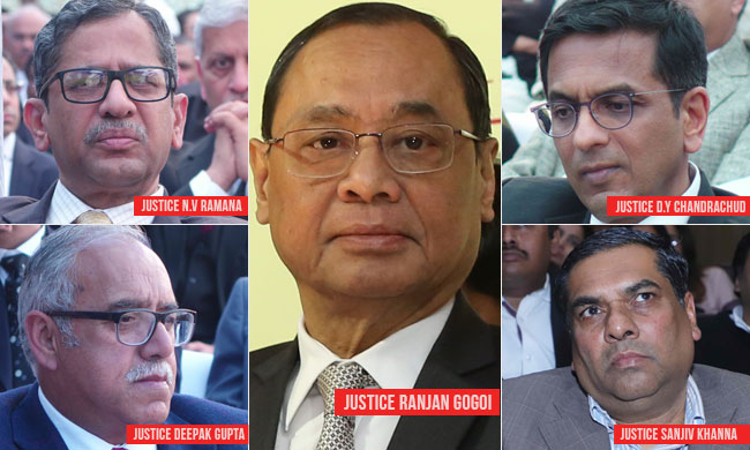SC Constitution Bench Commences Hearing To Resolve Conflicting Views On S.24 of Land Acquisition Act
MEHAL JAIN
2 April 2019 9:51 PM IST

Next Story
2 April 2019 9:51 PM IST
As the Supreme Court called for deliberation the interpretation of section 24 of the Right to Fair Compensation and Transparency in Land Acquisition, Rehabilitation and Resettlement Act of 2013 on Tuesday, Solicitor General Tushar Mehta threw light on the content of the provision. "In this section, the legislature is providing what would happen to acquisition proceedings initiated...
